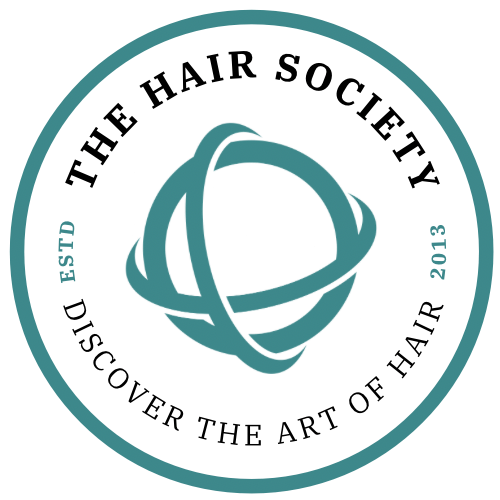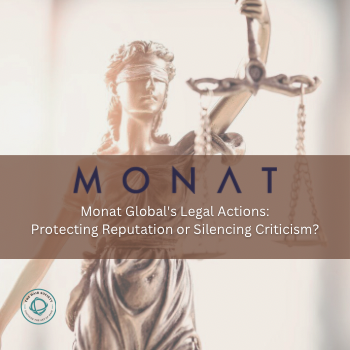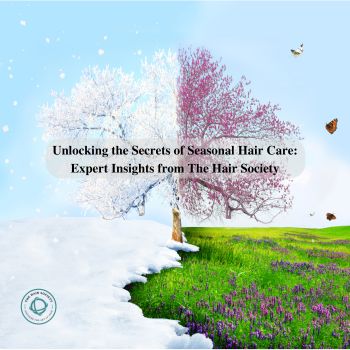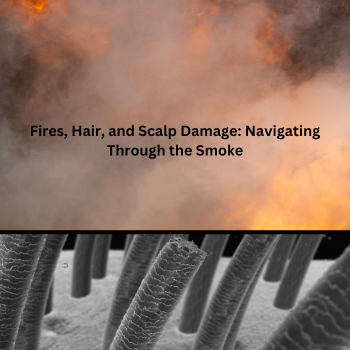Sugar is added to almost all foods and is naturally found in fruits, vegetables, and dairy products. Our bodies need sugar, but large quantities are destructive to anyone who consumes it. Being physically fit or thin will not protect you from the harm of sugar overconsumption.
© The Hair Society | All rights reserved
All other trademarks are the property of their respective owners. Images on this site may depict actual clients.
All other images are for educational and demonstration purposes.




